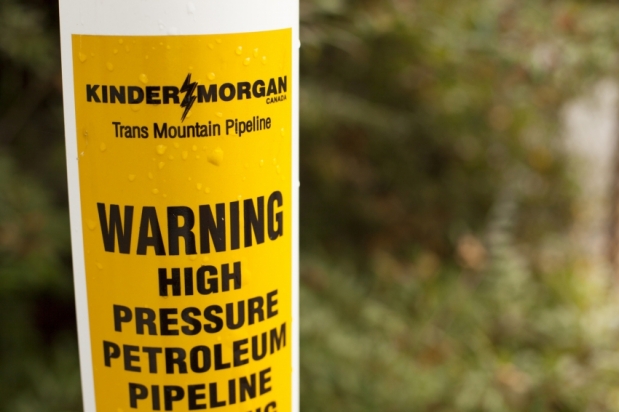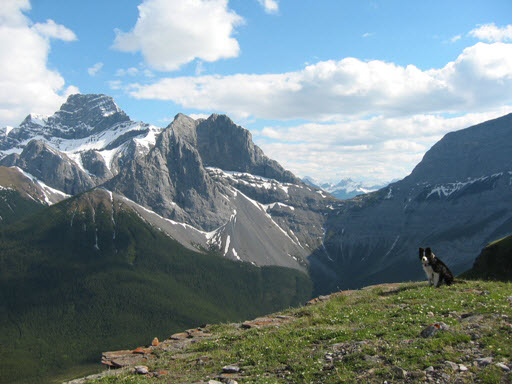Stephen Harper’s government does not want Canadians to talk about climate change when considering the environmental impact of new pipelines to move bitumen from Alberta to foreign markets. Buried in the provisions of the Omnibus Bill C-38, the Conservative government has placed clauses that restrict citizens’ rights to make submissions on climate change when testifying at environmental impact hearings.
We should contrast this with the consideration being given to climate change in the evaluation of the Keystone XL pipeline in the United States. In June 2013, President Barack Obama said:
“The net effects of the pipeline’s impact on the climate will be absolutely critical to deciding whether this project goes forward,”
It is astonishing that an environmental impact considered “absolutely critical” in the US decision-making process, is not even allowed to be mentioned at hearings within Canada.
Fortunately, this restriction is being challenged in the courts by the environmental advocacy group ForestEthics and by author Donna Sinclair, The legal team is being led by civil rights lawyer Clayton Ruby. He is quoted as saying:
“Through legislative changes snuck into last year’s Omnibus Budget Bill C-38, the Conservative government has undermined the democratic rights of all Canadians to speak to environmental issues that impact them,” explained Mr. Ruby. “We’re challenging the legislation because it violates fundamental free speech guarantees enshrined in the Canadian Charter of Rights and Freedoms.”
The Government may argue that climate change impacts of oil transportation projects are not relevant to National Energy Board (NEB) hearings, because these effects are not the direct and local environmental effects of the pipelines and tankers themselves. However, as noted energy economist Mark Jaccard has pointed out, building new oil infrastructure does indeed have a direct effect on climate change. Pipelines facilitate and accelerate the production and consumption of petroleum, that’s the whole point of them; connecting producers to consumers, enabling both.
As Jaccard noted, global effects like climate change are just local effects that occur everywhere.
Jaccard has submitted a sworn affidavit on behalf of ForestEthics and Donna Sinclair, which details how further development of the Alberta oil sands will contribute to climate change. He concludes:
I understand that the NEB [National Energy Board] has refused to hear submissions about “the environmental and socio-economic effects associated with upstream activities, the development of oil sands, or the downstream use of the oil transported by the pipeline.” It is my view that the exclusion of these issues skews its regulatory assessment in favour of pipeline approval and ignores the most important costs and non-costed impacts that every responsible and honest society should be considering on behalf of people living today and in future.
Continue reading →




 On Sunday November 22nd, 2015, Alberta’s new centre-left Premier, Rachel Notley, announced that the province would be introducing an economy-wide carbon tax priced at $30 per tonne of
On Sunday November 22nd, 2015, Alberta’s new centre-left Premier, Rachel Notley, announced that the province would be introducing an economy-wide carbon tax priced at $30 per tonne of  The Athabasca Glacier seen from the access trail. This point is about halfway from the parking lot and the current snout of the glacier, which is about 200 metres away. In the centre background is the ice-fall from the Columbia Icefield. The marker shows where the glacier snout was in 1992, coincidentally the year of the
The Athabasca Glacier seen from the access trail. This point is about halfway from the parking lot and the current snout of the glacier, which is about 200 metres away. In the centre background is the ice-fall from the Columbia Icefield. The marker shows where the glacier snout was in 1992, coincidentally the year of the 